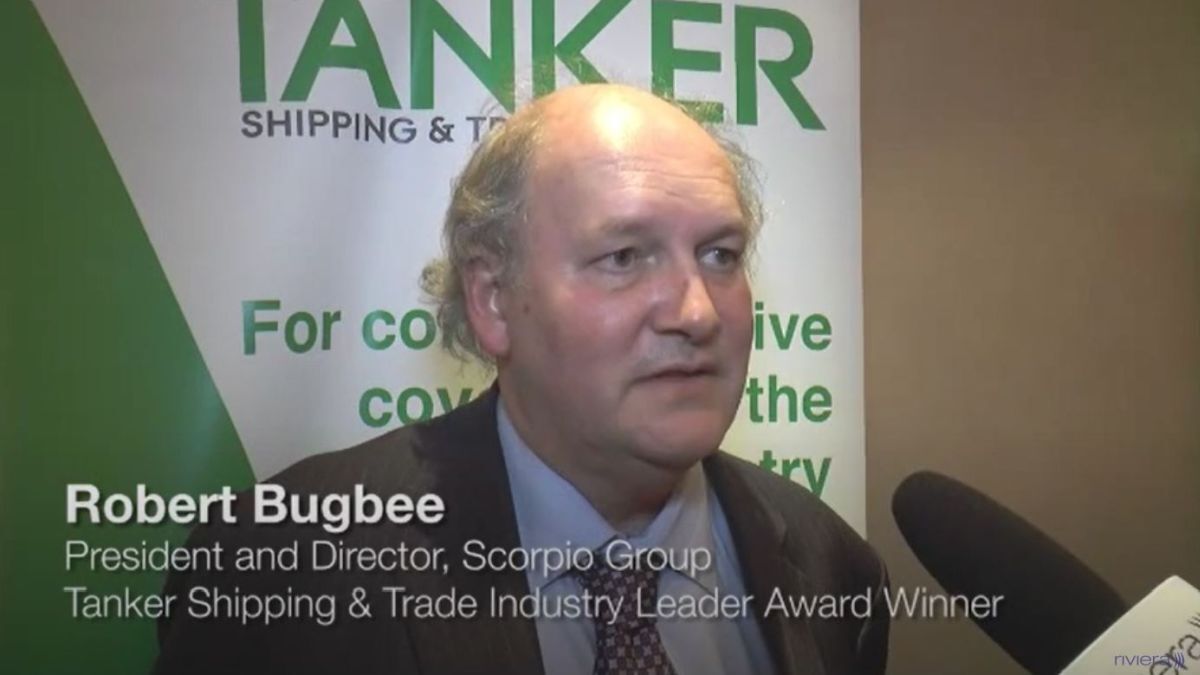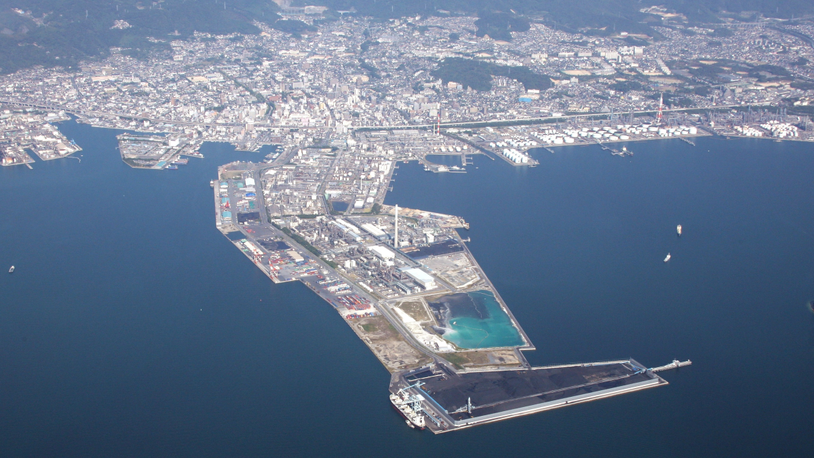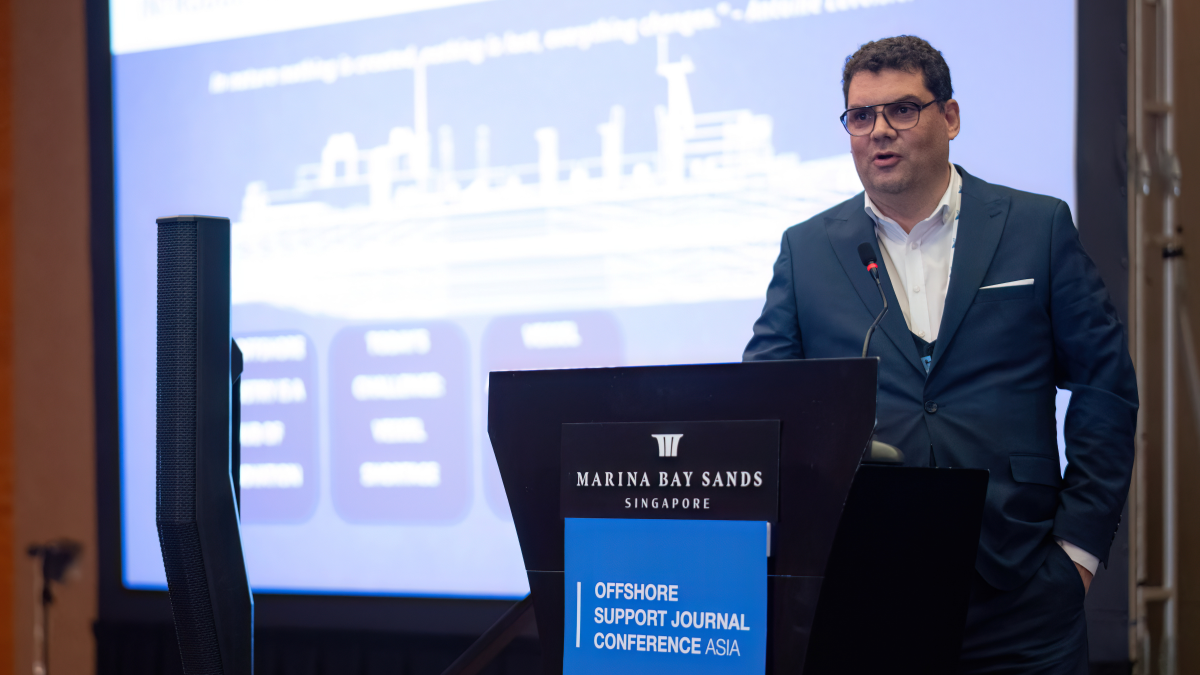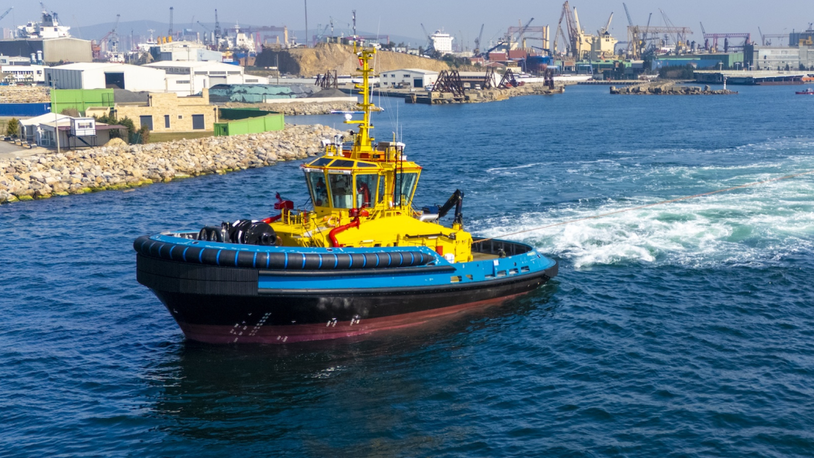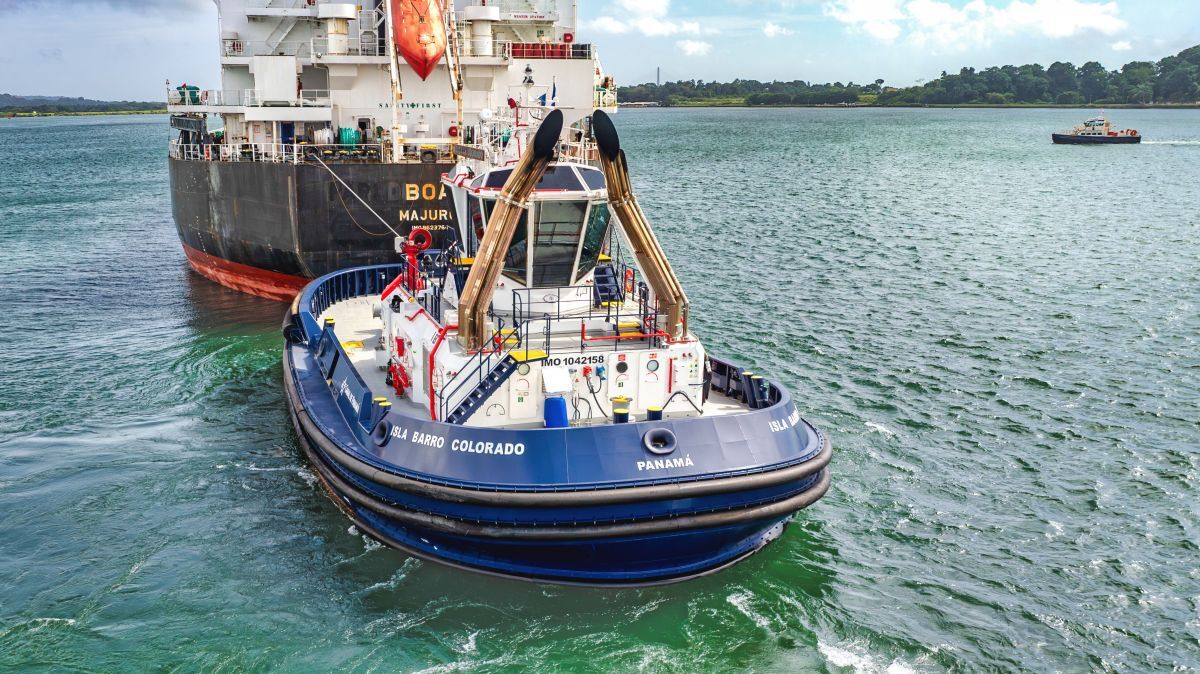Business Sectors
Contents
Navigating Green Waters: The Marine Shift from Diesel to Sustainable Solutions
The shift towards electric and hybrid propulsion systems introduces new technical challenges, particularly in torsional vibration management. Integrating electric motors with traditional internal combustion engines complicates the propulsion system.
The marine industry is searching for new methods to reduce its reliance on carbon-based fuels due to their significant environmental impact. Bob Lennon, who serves as the Industry Manager for Marine and CENTA© at Regal Rexnord, emphasizes that there is a strong movement within the industry to move away from diesel. He notes that the consensus among industry professionals is that diesel engines, which are known for their pollution, need to be replaced with cleaner alternatives. Lennon’s statement reflects a widespread desire in the marine sector to adopt more environmentally friendly practices.
In response to these environmental concerns, the industry is focusing on two primary solutions: developing cleaner, less carbon-intensive fuels and transitioning to electric power. Although electric boats are still uncommon, they are becoming increasingly popular due to their lower emissions and the growing availability of rapid charging technology. This technology allows for quick recharging during stops, such as passenger boarding and disembarking, and supports deeper, more extensive charging overnight when the vessels are not in use. These capabilities significantly enhance operational efficiency and reduce the environmental footprint of marine operations, aligning with global efforts to combat climate change and reduce greenhouse gas emissions.
However, the shift towards electric and hybrid propulsion systems introduces new technical challenges, particularly in torsional vibration management. Integrating electric motors with traditional internal combustion engines complicates the propulsion system. This complexity arises because the different components of hybrid systems can interact in ways that affect performance, particularly in how they handle torsional vibrations—twisting forces that occur within the drivetrain. Managing these vibrations is crucial for maintaining the efficiency and longevity of the propulsion system, requiring sophisticated engineering solutions and innovation.
CENTA plays an essential role in addressing these challenges. Since its establishment in 1970, CENTA has been a leader in solving complex problems related to torsional vibration in marine propulsion systems. The company provides expert consultation, conducts detailed torsional vibration analyses, and designs specialized couplings and drive shaft products that help mitigate these issues. Their expertise ensures that both new and existing marine propulsion systems are optimized for smooth and efficient operation, capable of accommodating both traditional and alternative fuels. This optimization is vital not only for meeting current environmental standards but also for preparing for future regulations that will be even stricter.
While the transition to electric and hybrid propulsion systems in marine operations presents certain technical hurdles, such as managing torsional vibrations, it also offers substantial environmental benefits. These systems significantly reduce the pollution associated with traditional marine propulsion, contributing to cleaner oceans and air. Moreover, the advancements in technology and the solutions provided by experts like those at CENTA enable the marine industry to continue its progress toward more sustainable operations. This shift not only helps protect the environment but also enhances the efficiency and sustainability of marine transport, paving the way for a greener and more responsible future.
Learn more about Regal Rexnord’s expertise in Marine.
Related to this Story
Events
Maritime & Offshore Community Golf Day 2025
Offshore Wind Webinar Week
Maritime Decarbonisation, Europe: Conference, Awards & Exhibition 2025
Offshore Support Journal Conference, Americas 2025
© 2024 Riviera Maritime Media Ltd.





